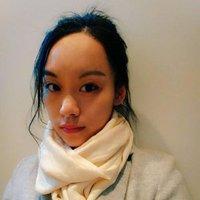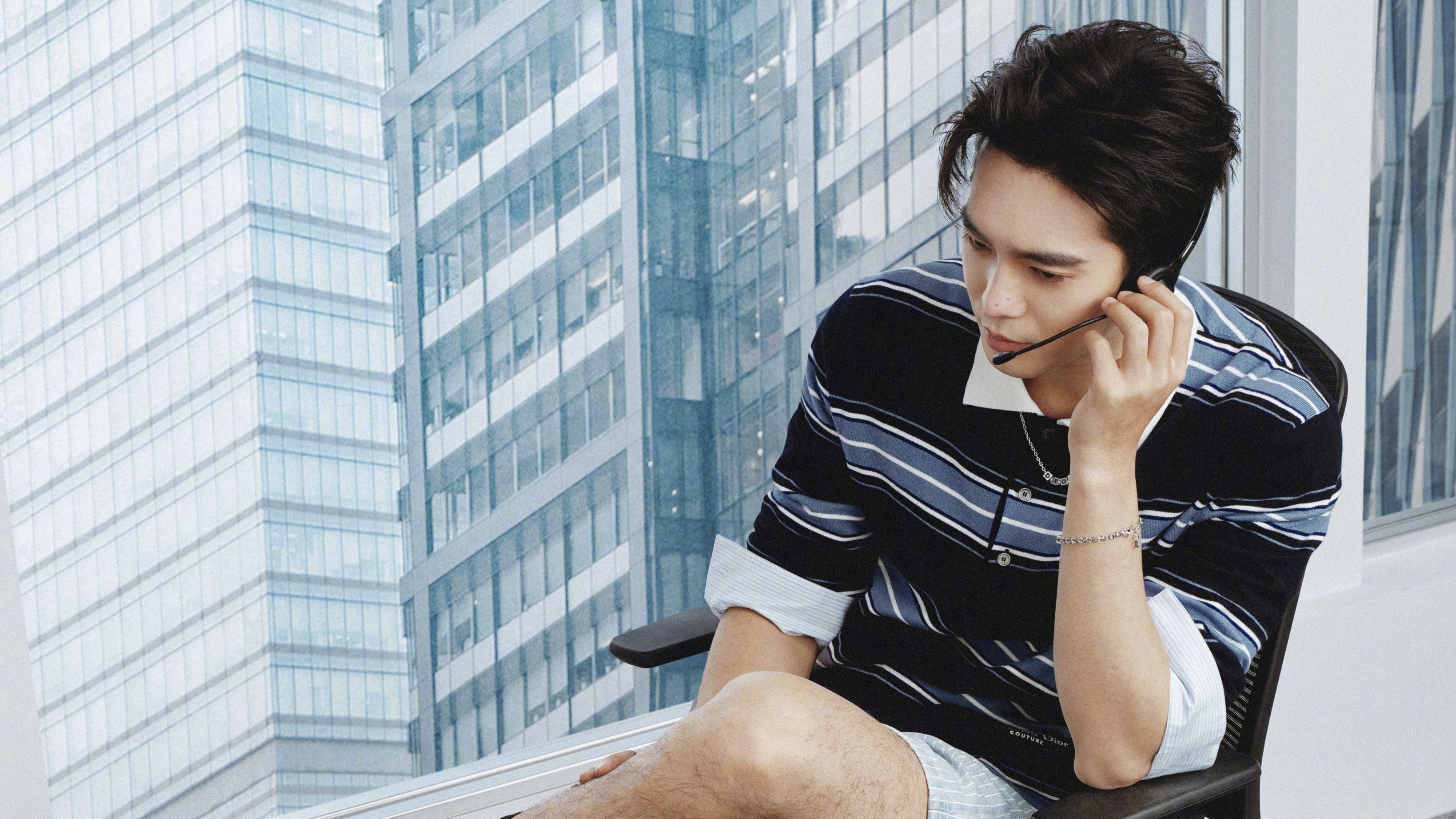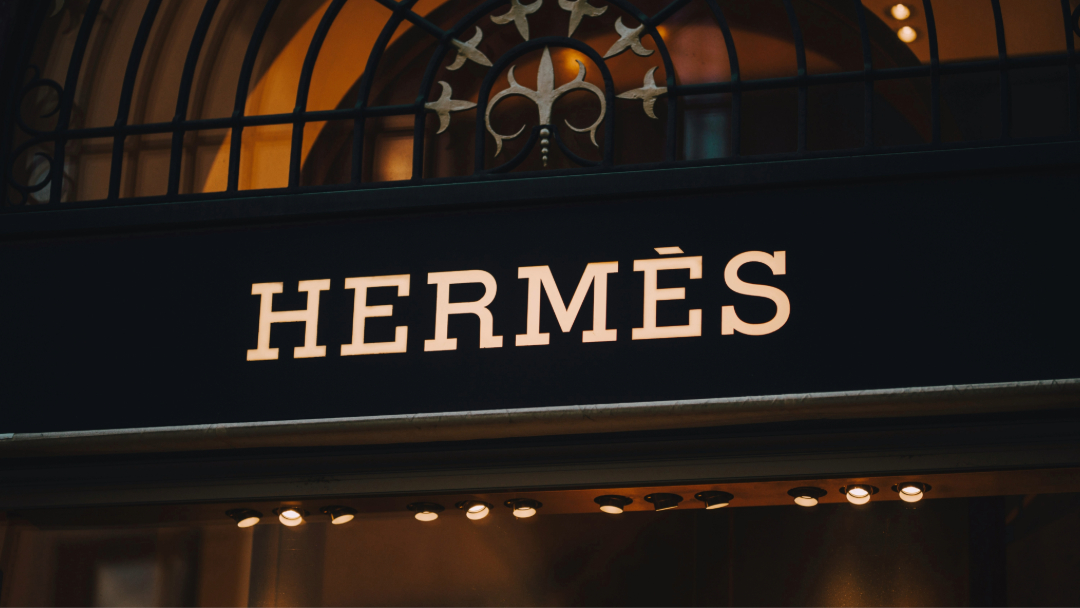While the appointment of controversial actress Angelababy as the brand ambassador for Christian Dior stirred up much controversy in China in May, it may not have been such a bad move for the brand after all.


However, given the success of Dior among the younger generations, whether or not a brand is able to inspire its consumers seem to be highly important. In order to gauge this quality, RTG dubs it the “passionate” metric. Dior has secured a score of 8.4 under the “passionate” metric, outperforming Chanel (7.4), Gucci (7.6) and Cartier (6.6), among others.
Another interesting finding from the report is that Burberry ranks relatively low in comparison to the strong rebound of its market recognition and sales in China. Earlier this month, Burberry’s first quarterly report presented a better-than-expected global growth, with its Chief Financial Officer Julie Brown highlighting the contribution from Chinese consumers.
The brand was only ranked 17th on the list with a relevance score of 4.7. The passionate score is also low at 5.9. That finding seems particularly counterintuitive given that the brand has frequently worked with the pop singer Kris Wu who has a huge young Chinese fan base.
“This might be related to its country of origin,” said Arnold. “Britain is not a country that is known for triggering creativity and playfulness, compared to France, for example.”
“What’s more important, Burberry is more perceived as an icon of fashion, not luxury, in China.”
The rest of the report contains many other insights. For instance, the concept of the luxury lifestyle that is led by the Four Seasons Hotels & Resorts is successful in growing the brand’s relevance among Chinese consumers, making it the top brand in the hospitality field.
Estee Lauder, the most relevant beauty brand in China, shows that consumers buy into the rich history and heritage of this French label. Its prominence also derives from their “large-scale campaigns across strategic media platforms using well-chosen celebrities.”
Meanwhile, a number of domestic Chinese brands including Huawei, WeChat and Yili have all seen their relevance surging in 2017, signifying the rising influence of Chinese brands across the globe.
Main image: Dior brand ambassador Angelababy. Photo: Angelababy/Weibo
This article was originally published on Jing Daily. Republished with permission.










